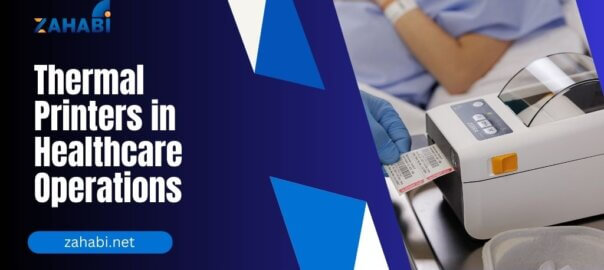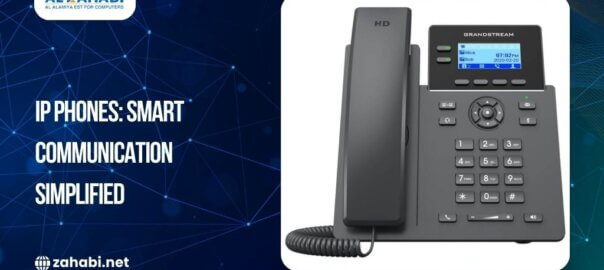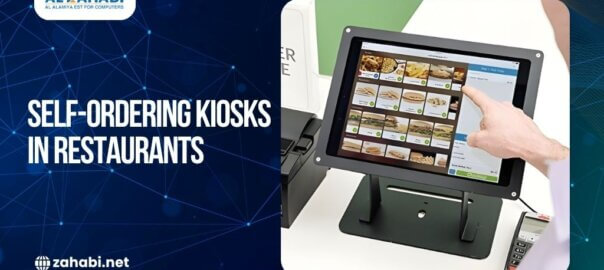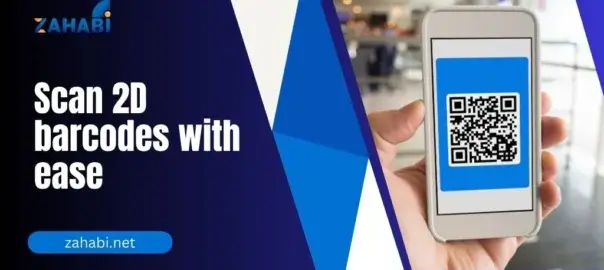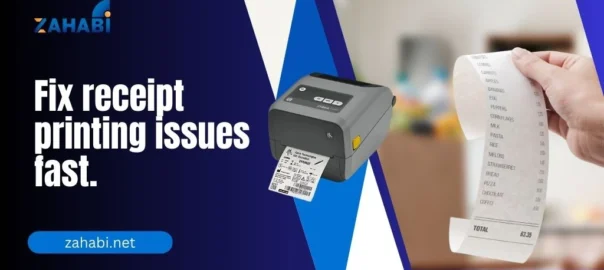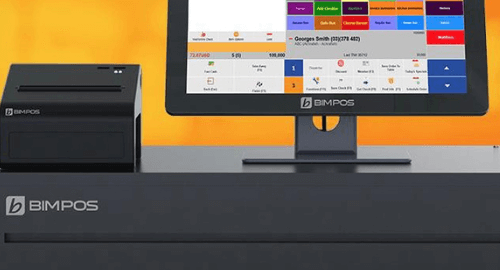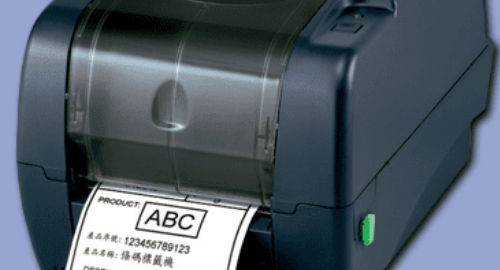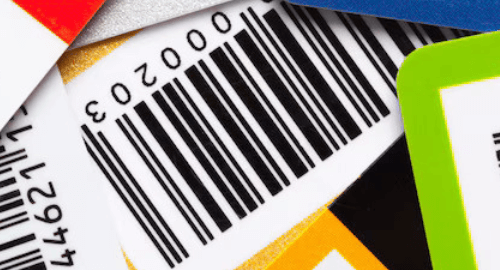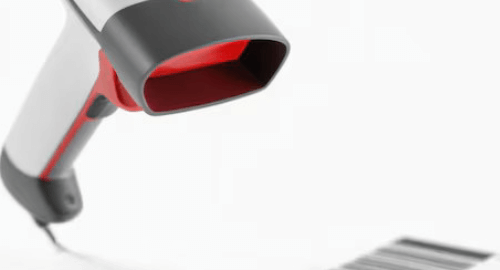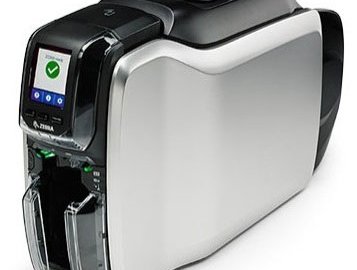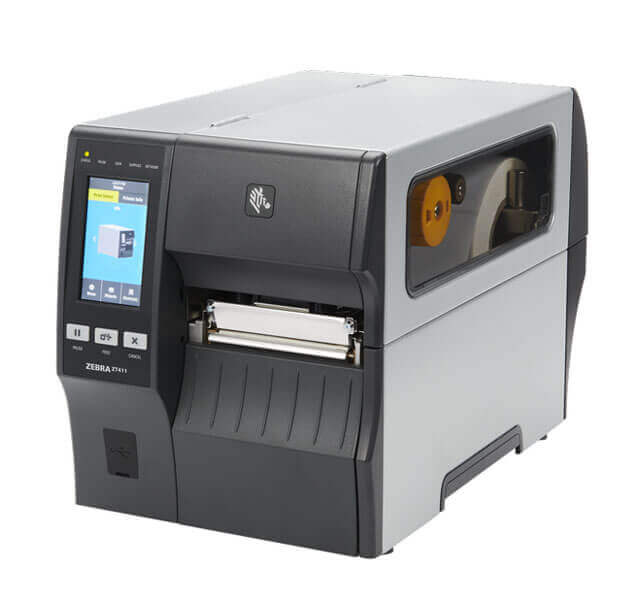
Radio Frequency Identification (RFID) is a wireless technology that consists mostly of readers and tags. The reader is a gadget with one or more antennae that transmits electromagnetic signals to RFID tags and receives them back.
These tags employ radio waves to transmit their data to adjacent readers, where they record a serial number or other unique identifier. They have integrated circuits (IC), also known as RFID chips, which transmit data to the reader.
Benefits of RFID Technology
RFID Technology has several advantages such as:
-
Improved inventory management
Retail brands can experience significant benefits by adopting RFID technology, particularly in terms of improved inventory accuracy and stock reliability. The implementation of RFID enables retailers to enhance revenue and customer satisfaction. The technology provides precise and real-time information on various stock data, including quantity, models, colors, sizes, and inventory levels.
By utilizing RFID tags, retail stores can effectively address stocking issues and enhance security measures. The tags allow for comprehensive tracking of every item within the store, ensuring better inventory control.
Moreover, RFID technology contributes to a reduction in inventory time, as products can be swiftly scanned using RFID readers. This increase in efficiency leads to improved productivity and a decrease in manual labor for employees. Consequently, staff members can dedicate more time to serving customers and driving sales rather than spending excessive effort on stock counting. With the assistance of handheld scanners, a single person can quickly scan numerous products, enabling more frequent and efficient stock takes.
-
Improved loss prevention
In the current economic landscape, retail stores face numerous challenges including intensified competition in pricing, escalating overhead costs, and disruptions within the supply chain, in contrast to the advantages of e-commerce. Moreover, it is imperative for retailers to address concerns related to staff fraud and theft within their establishments.
To address these security issues and minimize administrative errors and theft, retailers are increasingly turning to RFID technology. By integrating asset monitoring data with sales and video data, retailers can effectively determine if more merchandise has left the store compared to the items sold within a specific timeframe.
RFID technology enables retailers to precisely identify the specific goods that were taken, along with the timestamps of the occurrences, and even capture video footage of shoplifters. This comprehensive information empowers retailers to build strong cases against offenders in collaboration with law enforcement agencies, while also identifying patterns and trends related to shoplifting incidents.
-
Increased efficiency for buy online, pickup in-store (BOPIS)
Every retailer should provide the customer service of “buy online, pick up in-store.” It’s a fantastic method to boost customer flow in stores and close the gap between online and offline spending.
You can regularly provide BOPIS as a service because RFID tracking system improves inventory accuracy. You run the risk of selling a pickup item that isn’t truly in stock if you don’t have accurate, real-time inventory counts.
-
More in-depth management information
RFID applications offers improved management information for planning and operational purposes since it enables data to be captured in real-time at various points in the asset’s or product’s lifecycle. These insights can be used by businesses to encourage additional efficiency gains.
-
Increasing data availability and accuracy
When used to capture data on many items at once, RFID also prevents transcription errors, duplication of data, and “missed items” because data is collected and uploaded electronically. Everyone inside the organization has access to the most recent information regarding the location or status of objects due to the use of cloud-based technology.
Conclusion
RFID tracking system offers a multitude of benefits that unlock efficiency and drive productivity across various sectors. As businesses continue to embrace digital transformation, RFID technology proves to be an invaluable tool in achieving operational excellence and gaining a competitive edge in today’s dynamic business landscape.

